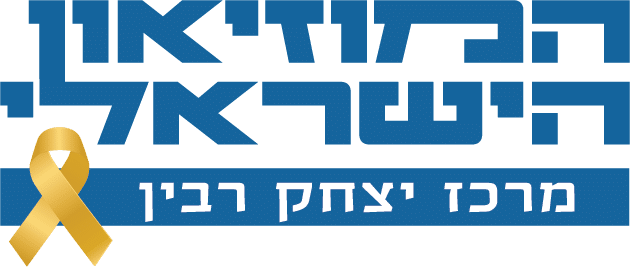1984 – Minister of Defense
After the elections held on July 23, 1984, neither of the big parties had enough seats to put together a government, and a national unity government was established. According to the agreement between the Likud and the Labor Party, Shimon Peres served as Prime Minister first and at the end of two years he handed the role over to Yitzhak Shamir.
Peres appointed Rabin as Minister of Defense, and he was reelected for the job by Shamir until the end of the term of the third unity government led by Shamir in 1990.
During his term, he worked to take the IDF out of Lebanon in stages and solidify the IDF hold on the security strip. Unlike all his predecessors, he agreed to a cut in the defense budget, a step which was made possible after Egypt departed from the cycle of warfare. His consent to the Jibril Deal, the release of 1,150 Palestinian prisoners in exchange for three Israeli prisoners generated a public debate, but the responsibility for the lives of Israeli prisoners tilted the scales for the approval of the deal.
When the Intifada erupted, he did not recognize its unique character at first. In the first few months, he believed there was a military solution to the uprising by the people, and he acted accordingly to suppress it by force. His policy appeared unethical and purposeless in the eyes of the left, and insufficient in the eyes of the right.
After several months of conflict, he became convinced that the uprising was an expression of authentic Palestinian nationalist yearnings which Israel could no longer ignore. The willingness of the Palestinians to absorb losses surprised him and led to recognition that the policy of force alone would not restore the quiet. He was aware of the growth of a local Palestinian leadership, and for the first time saw it as a partner for diplomatic negotiations. Amidst this, he had growing concerns regarding the implications of the Intifada for the combat spirit of the IDF and its status as a people’s army.
In 1989, he formulated a two-stage peace initiative in the context of which he proposed allowing elections for local leadership in the occupied territories, which would manage the Palestinian autonomy regarding which agreement had been reached at Camp David, and this would ensure that things would remain quiet in the territories. In the second stage, according to the initiative, negotiations would be conducted with the elected leadership regarding a permanent arrangement. Under American pressure, the plan gained the support of Prime Minister Yitzhak Shamir. In 1990, the unity government fell apart, and the Labor Party returned to the Opposition.
“It is easier to solve a military problem. It is harder to solve a problem that touches 1.4 million people – a civilian population that doesn’t want to be under our authority.”


